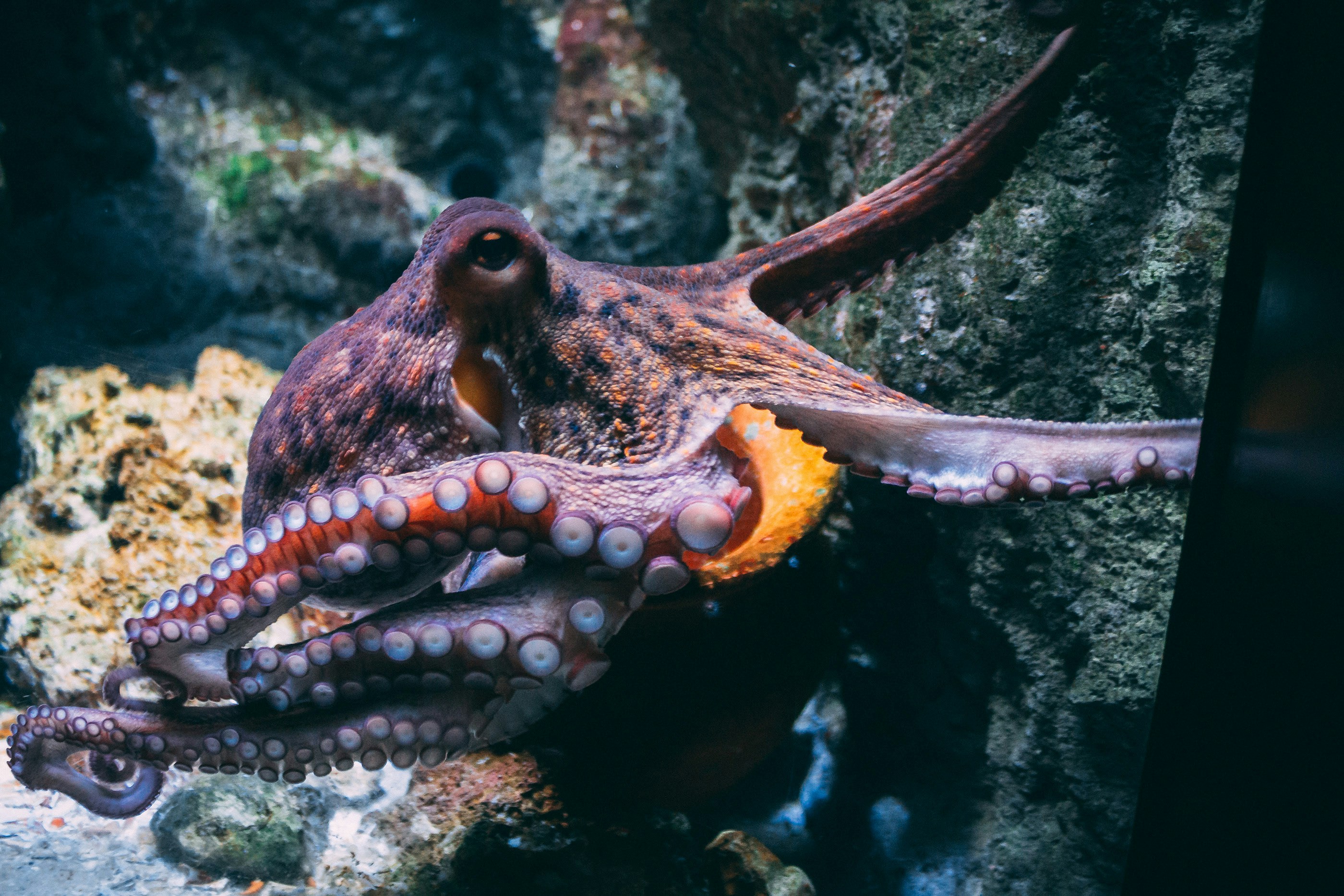10 Surprising Facts You Probably Didn't Know
Introduction
In a world teeming with endless streams of information, certain facts slip through the cracks of common knowledge, lying quietly in the shadow of widely accepted narratives. Whether obscured by the passage of time, masked by more dominant stories, or simply too strange to make it into mainstream discourse, these facts await discovery with the promise of altering our understanding of the world. Here, we delve into ten such facts, each a testament to the bizarre and fascinating nature of our universe.
1. Octopuses Have Three Hearts

- Most of us know octopuses as sea creatures of great intelligence and peculiar abilities, but did you know that they are also equipped with three hearts? Two of these hearts are responsible for pumping blood to the gills, where it gets oxygenated.
- The third heart is tasked with distributing this oxygenated blood to the rest of the body.
- Interestingly, when the octopus engages in vigorous swimming, its third heart ceases to beat, which explains why these creatures prefer to crawl rather than swim, conserving energy and oxygen.
2. Honey Never Spoils
- Honey, with its delightful sweetness, is not just a treat for the palate but also a marvel of chemical engineering by bees.
- Thanks to its very low moisture content and high acidity, honey creates a hostile environment for bacteria and microorganisms. Archaeological discoveries have unearthed pots of honey from ancient Egyptian tombs, which have remained preserved and edible over millennia.
- This natural preservative serves as a link to the culinary practices of our ancestors.
3. The Shortest War in History
- History is filled with prolonged conflicts, yet the Anglo-Zanzibar War of 1896 stands out for its brevity.
- Lasting only between 38 and 45 minutes, this war erupted over the succession to the Zanzibar throne after the death of the pro-British Sultan.
- British forces quickly defeated the local rebel forces, showcasing the might of the British Empire and leaving a lasting impact on the region’s colonial governance.
4. Bananas Are Berries, But Strawberries Aren't
- The classification of fruits in botany can be counterintuitive, as evidenced by bananas and strawberries.
- A berry, in botanical terms, is a simple fruit with seeds and pulp produced from the ovary of a single flower.
- Bananas fit this description, but strawberries do not, as their seeds are embedded on the surface of the fruit rather than within. This oddity highlights the fascinating complexity of plant classification.
5. A Day on Venus Is Longer Than a Year
- Venus, our neighboring planet, rotates on its axis at a sluggishly slow pace, taking about 243 Earth days to complete one rotation.
- However, it orbits the Sun much quicker, completing this journey in about 225 Earth days.
- This phenomenon means that Venus experiences fewer than one sunrise per Venusian year, a concept that challenges our Earth-centric perceptions of day and night.
6. The Eiffel Tower Can Be 15 cm Taller During the Summer
- Structural engineering must often account for the thermal expansion of materials.
- The Eiffel Tower, a symbol of architectural beauty and engineering prowess, is no exception. Constructed of iron, the tower can expand by up to 15 cm during the heat of summer as the metal heats and expands.
- This expansion is temporary, as the metal contracts when temperatures drop, returning the tower to its original height.
7. Cleopatra Lived Closer in Time to the Moon Landing Than to the Construction of the Great Pyramid
- Cleopatra, the last active ruler of the Ptolemaic Kingdom of Egypt, famously known for her beauty and her tragic love stories, lived much closer in time to the 1969 moon landing than to the construction of the Great Pyramid of Giza.
- This fact highlights the immense span of Egyptian civilization and often surprises those who think of ancient history as a compact period.
8. You Can't Hum While Holding Your Nose
- This simple experiment reveals a fundamental aspect of how humans produce sound.
- Humming involves the movement of air through the vocal cords, which then resonates in the nasal passages and mouth. By holding your nose, you block the airflow, preventing the vocal cords from resonating effectively and thus stopping the humming sound.
9. Russia Has a Larger Surface Area Than Pluto
- Russia, the largest country in the world, spans over 17 million square kilometers, an area larger than that of the dwarf planet Pluto.
- This size comparison not only emphasizes Russia’s vast geographic extent but also highlights the dynamic criteria used by astronomers to define planetary bodies in our solar system.
10. The Inventor of the Frisbee Was Turned Into a Frisbee After He Died
- Walter Morrison, who invented the Frisbee, was cremated and his ashes were molded into Frisbees at his request.
- This unusual final wish merged his passion with his eternal rest, allowing him to remain a part of the game he loved, even after death.
Conclusion
The world is filled with oddities and wonders that challenge our perceptions and expand our understanding. Each of these ten facts, ranging from the quirky behaviors of planets to the unexpected properties of everyday objects, invites us to look at the familiar in new ways and appreciate the complexity and breadth of human knowledge. As we continue to explore and question, we can be sure that many more surprising facts await discovery.

You must be logged in to post a comment.